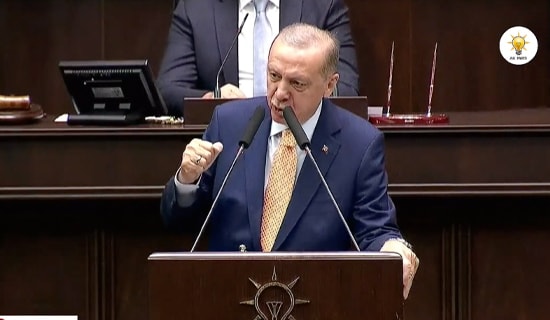Sources in the Kurdish Yakiti party, an opposition group banned in Syria, reported[1] a wave of house-to-house arrests by Syrian security apparatuses a few days after the party held a nonviolent demonstration in front of the headquarters of the Syrian parliament. The following are excerpts from reports on the events published by the Syrian opposition online magazine Akhbar Al-Sharq [2]:
Events began December 10, 2002, with a quiet demonstration by about 150 of the Yakiti party's members in front of the parliament in Damascus. The demonstration was the first of its kind in 40 years since the Ba'ath Party's rise to power in Syria. Party sources ascribed the timing to International Human Rights Day.
The demonstrators waved signs calling for a halt to the repression of the Kurdish people in Syria and recognition of their national identity. The signs read, inter alia: "Let Syria be the homeland of all its sons: Arabs, Kurds, and [other] minorities," "Citizenship for Kurds," "Down with the Ban on Kurdish Language and Culture," and "Respect Human Rights in Syria."
During the demonstration, a communiqué on discrimination against Kurds in Syria was issued listing grievances such as "stripping [them] of citizenship, renaming [Kurdish] cities and villages with Arab names, discriminating in [allocation] of resources… banning Kurdish language and culture, and constitutional non-recognition of the nationality of the Kurds, who constitute some 12% of the population."
SUPPORT OUR WORK

Two of the party's leaders, Hassan Saleh and Marwan Othman, met for about half an hour with Speaker of Parliament Abd Al-Qader Qadourah, at his request. According to party sources, Qadourah promised to convey their message to the political leadership, and noted that the meeting was open.
The two sides spoke of "the suffering of the Kurdish people as a result of discrimination, the need for constitutional recognition of the Kurdish people's presence in Syria as a second nationality in the country, [recognizing] its cultural and language rights, solving the problem of the Kurds whose citizenship was stripped from them in the 1962 Al-Hasichi district census, the problem of distributing Kurdish lands to Arabs brought from other areas, and the policy of [forced] demographic change in Kurdish areas."
Qadourah said there was no discrimination in Syria between Arabs and Kurds, and showed understanding regarding the citizenship issue. Saleh and Othman asked that the meeting be "the beginning of a serious and responsible dialogue between the Kurdish movement and the Syrian political leadership [in order to] bring about a solution to the Kurdish problem in Syria."
Three days later, the wave of arrests began.
[1] Akhbar Al-Sharq (Internet), December 14, 2002.
[2] Akhbar Al-Sharq (Internet), www.thisissyria.net




